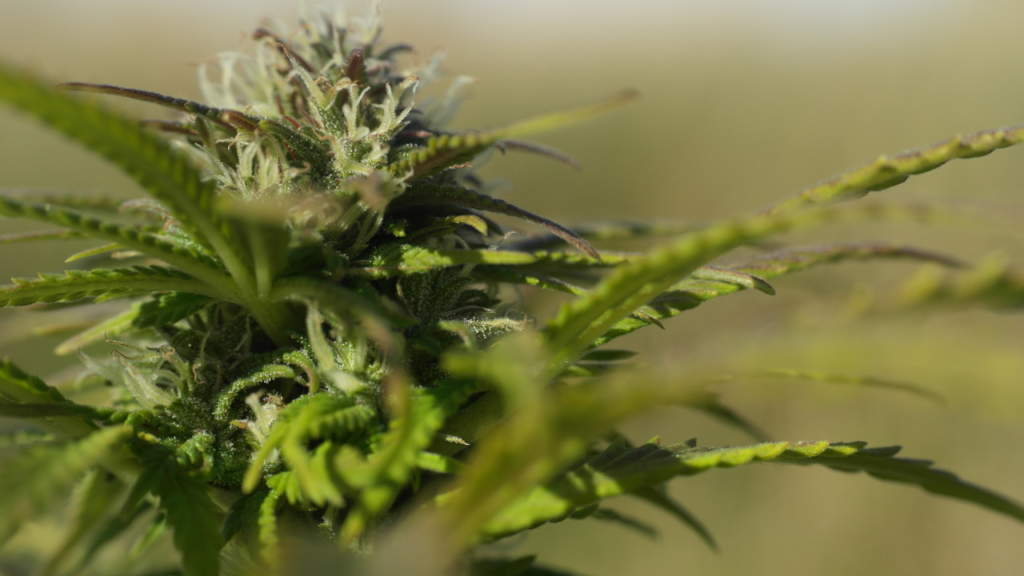Marijuana, also known as cannabis, is a widely used drug that can lead to addiction. When individuals who have been using marijuana heavily for an extended period attempt to quit, they may experience withdrawal symptoms. Understanding the marijuana withdrawal timeline and the associated symptoms can help those seeking to overcome their addiction and achieve lasting recovery.
Symptoms of Marijuana Withdrawal
Marijuana withdrawal symptoms can vary from person to person but typically include:
- Irritability and mood swings: Those going through marijuana withdrawal may experience increased irritability, aggression, and rapid mood changes. They may feel easily frustrated or agitated, often without a clear reason.
- Anxiety and restlessness: Withdrawal can cause feelings of anxiety, nervousness, and restlessness. Individuals may find it difficult to relax or concentrate on tasks.
- Sleep disturbances: Insomnia is a common symptom of marijuana withdrawal. Those affected may have trouble falling asleep or staying asleep. They may also experience vivid or disturbing dreams.
- Decreased appetite and weight loss: Marijuana withdrawal can lead to a decreased appetite, which may result in temporary weight loss. Nausea and stomach discomfort may also contribute to a reduced desire to eat.
- Headaches and physical discomfort: Some individuals may experience headaches, sweating, chills, or other physical discomforts during the withdrawal process.
- Cravings for marijuana: Strong cravings for marijuana are a hallmark of withdrawal. These cravings can be intense and may persist for several weeks or even months after quitting.
The severity of these symptoms can vary depending on factors such as the duration and frequency of marijuana use, individual physiology, and mental health. Those with a history of heavy, long-term use or co-occurring mental health disorders may experience more intense withdrawal symptoms.
Timeline of Marijuana Withdrawal
The marijuana withdrawal timeline can be divided into three main stages:
Stage 1: Early Withdrawal (Days 1-3)
During the first few days after quitting marijuana, individuals may experience the most intense withdrawal symptoms. Irritability, anxiety, and decreased appetite are common during this phase. Sleep disturbances, such as insomnia or vivid dreams, may also begin to occur. Cravings for marijuana can be strong, as the body adjusts to the absence of the drug.
Stage 2: Peak Withdrawal (Days 4-14)
In the second stage of marijuana withdrawal, symptoms often peak in intensity. Sleep disturbances may persist, with individuals struggling to fall asleep or waking up frequently during the night. Vivid dreams or nightmares are also common. Mood swings, irritability, and anxiety may continue to be problematic. Physical symptoms, such as headaches, sweating, and stomach discomfort, may be more noticeable during this stage. Cravings for marijuana may remain strong, making it a challenging phase for those trying to quit.
Stage 3: Late Withdrawal (Weeks 2-4)
During the late withdrawal stage, symptoms generally begin to subside. Sleep patterns may start to normalize, and physical discomforts should lessen. However, some individuals may still experience psychological symptoms, such as depression, anxiety, or irritability. These emotions can be particularly challenging for those with co-occurring mental health disorders. Cravings for marijuana may also persist, although they are usually less intense than in the earlier stages.
It is important to note that the marijuana withdrawal timeline can vary significantly from person to person. Some individuals may experience symptoms for several weeks or even months after quitting, while others may have a shorter withdrawal period. Factors such as the length and heaviness of marijuana use, individual physiology, and the presence of other substance use disorders or mental health conditions can all impact the duration and severity of withdrawal.
Post-Acute Withdrawal Syndrome (PAWS)
In some cases, individuals may experience post-acute withdrawal syndrome (PAWS) following the initial withdrawal period. PAWS is characterized by ongoing symptoms that can persist for several months or even years after quitting marijuana. These symptoms may include:
- Mood disturbances, such as depression or anxiety
- Irritability and anger
- Difficulty concentrating or memory problems
- Sleep disturbances
- Fatigue or low energy levels
- Cravings for marijuana
PAWS can be particularly challenging for those in recovery, as the persistent symptoms may increase the risk of relapse. It is crucial for individuals experiencing PAWS to have a strong support system and to continue engaging in therapy and other recovery-oriented activities.
How The Bluffs Can Help Manage Marijuana Withdrawal Symptoms
At The Bluffs Addiction Campuses in Ohio, we understand the challenges of marijuana withdrawal and are committed to helping our patients overcome their addiction. Our comprehensive treatment programs are designed to address the physical, psychological, and emotional aspects of marijuana addiction and withdrawal.
Our experienced medical professionals can help manage withdrawal symptoms through a combination of evidence-based approaches, including:
- Medical supervision during detox: Our medical team closely monitors patients during the detox process to ensure their safety and comfort. We can provide medications to help alleviate withdrawal symptoms and address any underlying medical conditions.
- Individual and group therapy: Our licensed therapists offer individual and group therapy sessions to help patients explore the root causes of their addiction, develop coping strategies, and build a strong foundation for recovery. Cognitive-behavioral therapy (CBT), motivational interviewing, and other evidence-based modalities are used to promote lasting change.
- Dual diagnosis treatment: For patients with co-occurring mental health disorders, such as depression or anxiety, we offer integrated treatment that addresses both the addiction and the mental health condition simultaneously. This holistic approach promotes overall well-being and reduces the risk of relapse.
- Nutritional support: Our nutritional experts work with patients to develop healthy eating habits and restore physical health. Proper nutrition can help alleviate withdrawal symptoms, boost mood, and support the body’s natural healing processes.
- Holistic therapies: We offer a range of holistic therapies, such as mindfulness meditation, yoga, and art therapy, to help patients reduce stress, improve emotional regulation, and develop a deeper sense of self-awareness. These therapies complement traditional treatment approaches and promote a well-rounded recovery experience.
- Aftercare planning: Our team works closely with patients to develop a personalized aftercare plan that includes ongoing support, relapse prevention strategies, and connections to community resources. We understand that recovery is a lifelong journey, and we are committed to providing the tools and support necessary for long-term success.
Contact Us Today
If you or a loved one is struggling with marijuana addiction and experiencing withdrawal symptoms, know that you are not alone. The Bluffs Addiction Campuses in Ohio is here to help. Our compassionate and knowledgeable staff is dedicated to guiding you through the challenges of withdrawal and helping you build a foundation for a healthier, drug-free life. Call us today at 330-919-9228 to learn more about our marijuana addiction treatment programs and take the first step towards lasting recovery.








